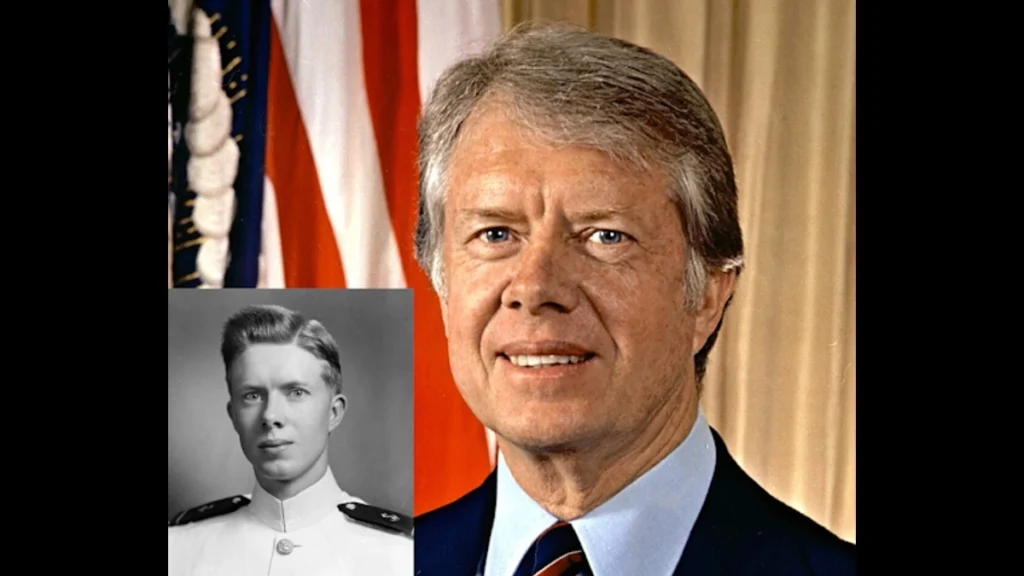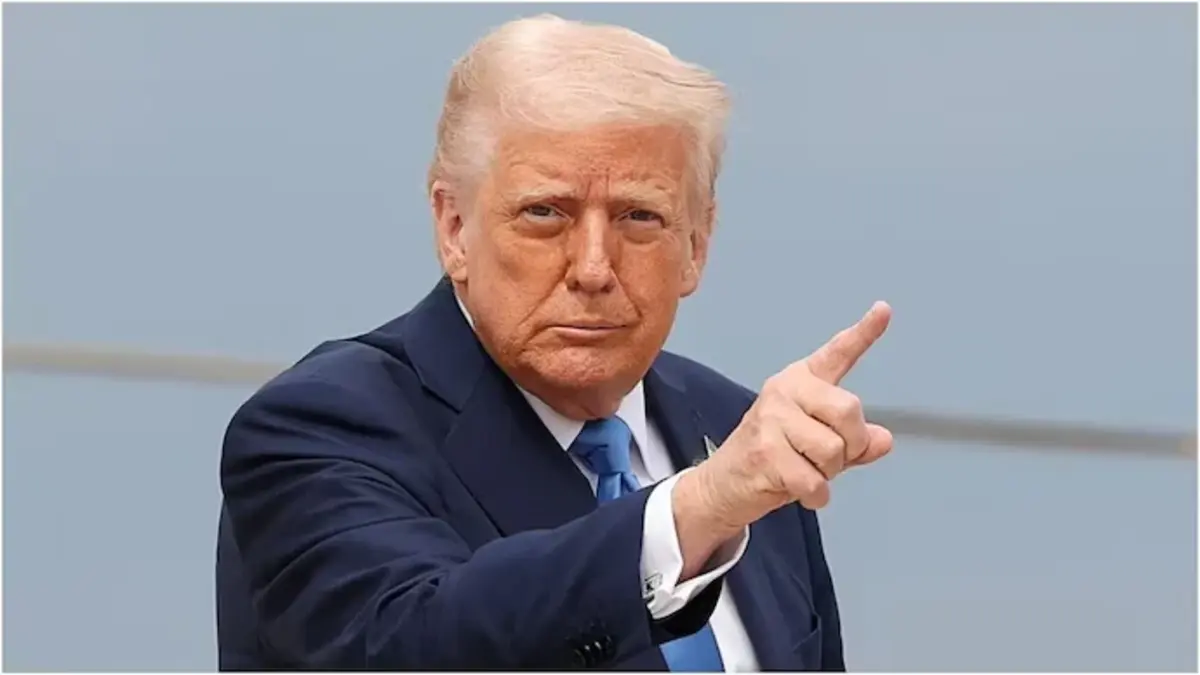Jimmy Carter, Leader During Stagflation and High Unemployment
Former U.S. President Jimmy Carter, who led the nation through a tumultuous period of economic stagflation and high unemployment, has passed away at the age of 100. His death marks the end of an era for one of America’s most complex and compassionate leaders. Known for his emphasis on human rights and diplomatic efforts, Carter leaves behind a legacy that continues to inspire debate and reflection.
A Presidency Defined by Economic Challenges
Jimmy Carter served as the 39th President of the United States from 1977 to 1981. His presidency was marked by significant economic challenges, including stagflation—a combination of stagnant economic growth, high unemployment, and rising inflation. This economic phenomenon tested Carter’s leadership and remains a defining aspect of his tenure in office.
Despite these challenges, Carter championed several domestic policies aimed at energy conservation and environmental protection. His establishment of the Department of Energy and the push for renewable energy sources demonstrated his foresight in addressing long-term issues. However, these efforts were often overshadowed by the economic hardships that many Americans faced during his presidency.
Foreign Policy and Human Rights
Carter’s presidency also stood out for its focus on human rights and diplomacy. He brokered the historic Camp David Accords between Egypt and Israel, a landmark achievement in Middle Eastern peace efforts. Additionally, Carter’s emphasis on human rights shaped U.S. foreign policy, promoting democratic values worldwide.
However, his administration faced significant foreign policy challenges, including the Iran hostage crisis, which many believe contributed to his loss in the 1980 presidential election to Ronald Reagan. Despite these setbacks, Carter’s commitment to ethical leadership remained unwavering.

Post-Presidency Achievements
After leaving office, Jimmy Carter’s contributions only grew in significance. As the founder of the Carter Center, he dedicated his post-presidency to advancing human rights, alleviating poverty, and promoting global health. His efforts in eradicating diseases such as Guinea worm and his work with Habitat for Humanity exemplify his lifelong commitment to service.
Carter’s humanitarian work earned him widespread respect and recognition, including the Nobel Peace Prize in 2002. His ability to leverage his post-presidency for meaningful global impact set a high standard for former leaders.
A Life of Humility and Service
Born on October 1, 1924, in Plains, Georgia, Jimmy Carter grew up in a small farming community. His humble beginnings and deep connection to his hometown remained central to his identity throughout his life. Carter’s faith and moral compass guided his approach to leadership, emphasizing honesty and integrity.
Even in his later years, Carter’s dedication to public service never wavered. Whether teaching Sunday school or working on humanitarian projects, he remained active and engaged, earning admiration from people across the political spectrum.
Reflecting on a Legacy
Jimmy Carter, leader during stagflation and high unemployment, will be remembered for his resilience and unwavering commitment to his principles. While his presidency faced significant challenges, his post-presidential work demonstrated the breadth of his vision and the depth of his compassion. His legacy serves as a reminder of the importance of humility, service, and a steadfast commitment to the greater good.
In reflecting on his life, Carter himself often emphasized the value of kindness and perseverance. “My faith demands that I do whatever I can, wherever I am, whenever I can, for as long as I can,” he once said. This ethos defined both his time in office and his decades of service afterward.
The End of an Era
Jimmy Carter’s death at the age of 100 closes a chapter in American history marked by complexity and transformation. As the nation mourns his passing, it also celebrates the life of a man who dedicated himself to the ideals of justice, equality, and peace. His journey from a peanut farmer in Georgia to the highest office in the land exemplifies the American dream and the enduring impact of a life lived with purpose.
Jimmy Carter, leader during stagflation and high unemployment, leaves behind a legacy that will continue to inspire future generations. His contributions, both as president and as a global humanitarian, ensure that his impact will be felt for years to come.
READ MORE NEWS
China’s Anti-Dumping Investigation into EU Brandy Extended Amid Rising Tensions
Nippon Steel’s US Steel Takeover Plan Has Strong Support in U.S. Steelmaking Areas, Executive Says









2 thoughts on “Jimmy Carter, Leader During Stagflation and High Unemployment, Dies at 100”